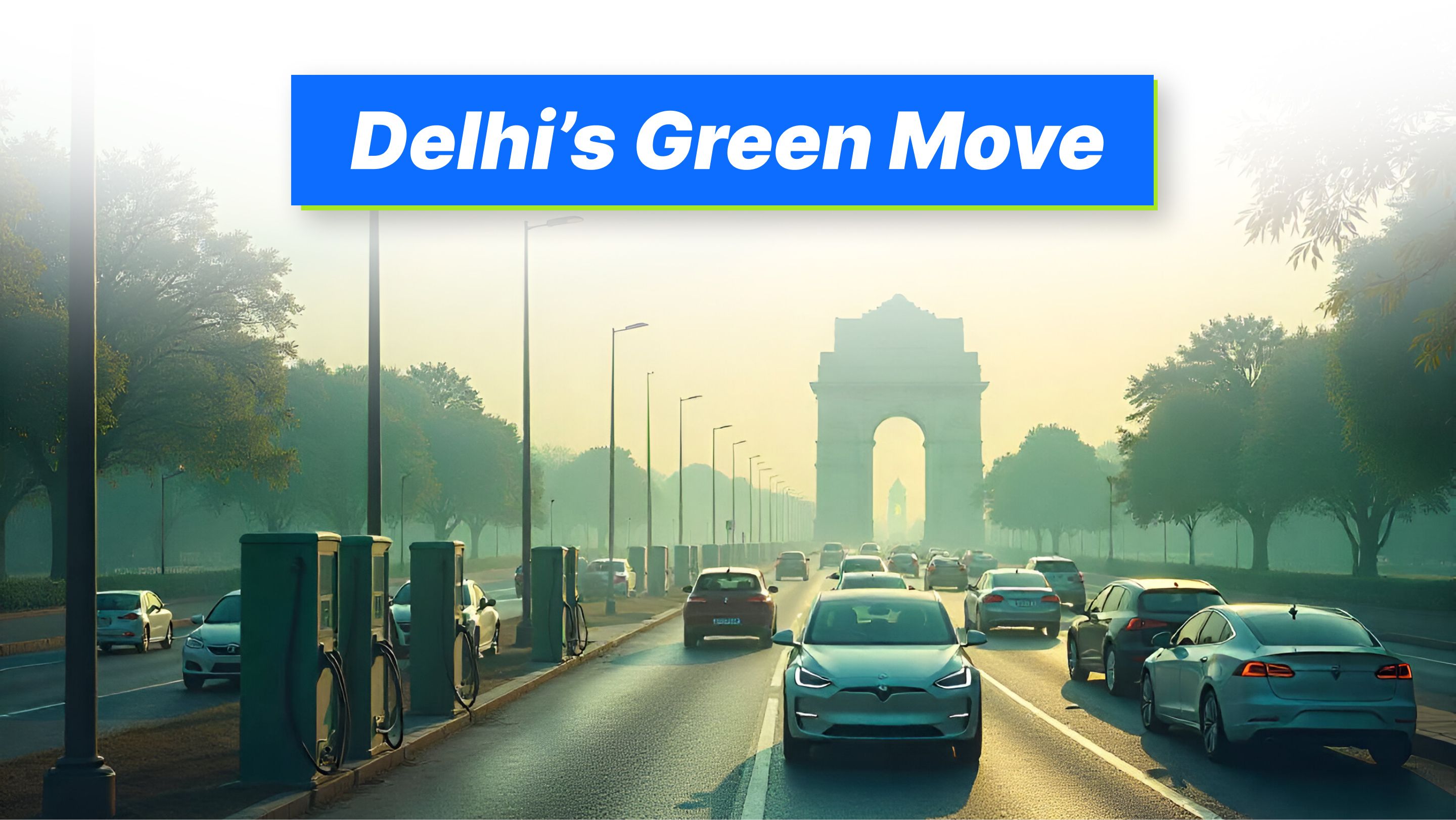In a landmark move that signals a significant shift towards sustainable urban living, Delhi Chief Minister Rekha Gupta has unveiled an ambitious plan to transform the city’s approach to electric mobility and pollution control. On the final day of the first budget session of Delhi’s eighth Legislative Assembly, CM Gupta laid a roadmap that places green infrastructure and environmental accountability at the core of Delhi’s development agenda.
48,000 EV Charging Points by 2026
At the heart of the announcement was the Delhi government's commitment to a massive scale-up of electric vehicle (EV) charging infrastructure. By 2026, the city will be equipped with 48,000 EV charging points, comprising 18,000 government-operated stations and 30,000 semi-private units. This move is poised to significantly boost the adoption of electric vehicles across Delhi, addressing one of the biggest barriers to EV uptake — lack of accessible charging infrastructure.
New PUC Policy for Out-of-State Vehicles
In a bid to further curb vehicular pollution, CM Gupta also announced the upcoming launch of a new policy for issuing Pollution Under Control (PUC) certificates to vehicles registered outside Delhi. This is a direct response to the Comptroller and Auditor General (CAG) report titled "Vehicular Air Pollution in Delhi", which highlighted critical lapses in pollution control enforcement in the capital.
Boost to Air Quality Monitoring
To bolster real-time pollution tracking and enforcement, the Delhi government will establish six new air quality monitoring centers across the city. These centers are expected to enhance the precision of air quality data and support timely regulatory action during pollution spikes.
Dedicated E-Waste Eco-Park on the Horizon
Recognizing the growing threat of electronic waste, CM Gupta also revealed plans to develop a dedicated eco-park for processing e-waste. The facility will focus on responsible disposal and recycling of electronics — a crucial step to prevent the release of harmful pollutants from unmanaged e-waste dumping.
These initiatives come as the Bharatiya Janata Party (BJP) returns to power in Delhi after 27 years, having secured 48 out of 70 seats in the February elections. The victory marks the end of the Aam Aadmi Party's decade-long rule and sets the tone for a new era of governance in the capital.
As air pollution continues to pose serious health and environmental challenges in Delhi, these bold and comprehensive steps represent a significant pivot in policy. With a focus on infrastructure, enforcement, and innovation, the capital is setting the stage for a cleaner, greener future.


